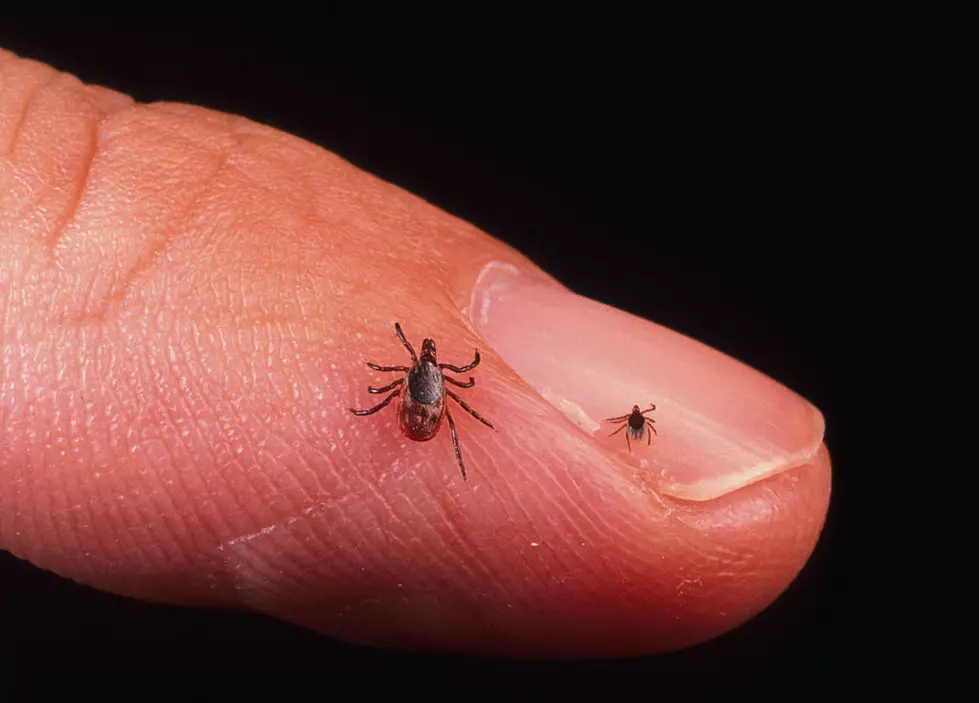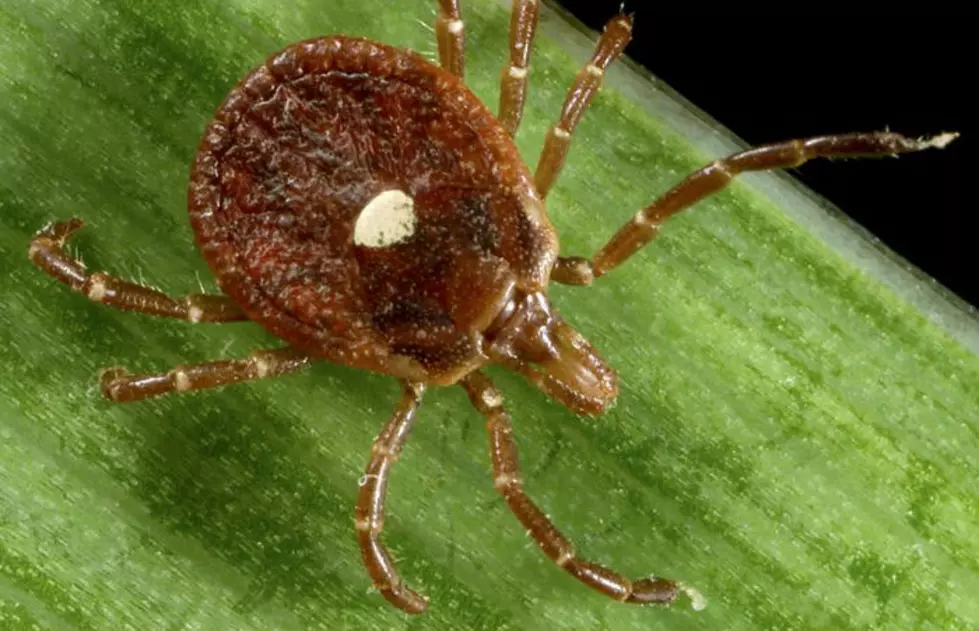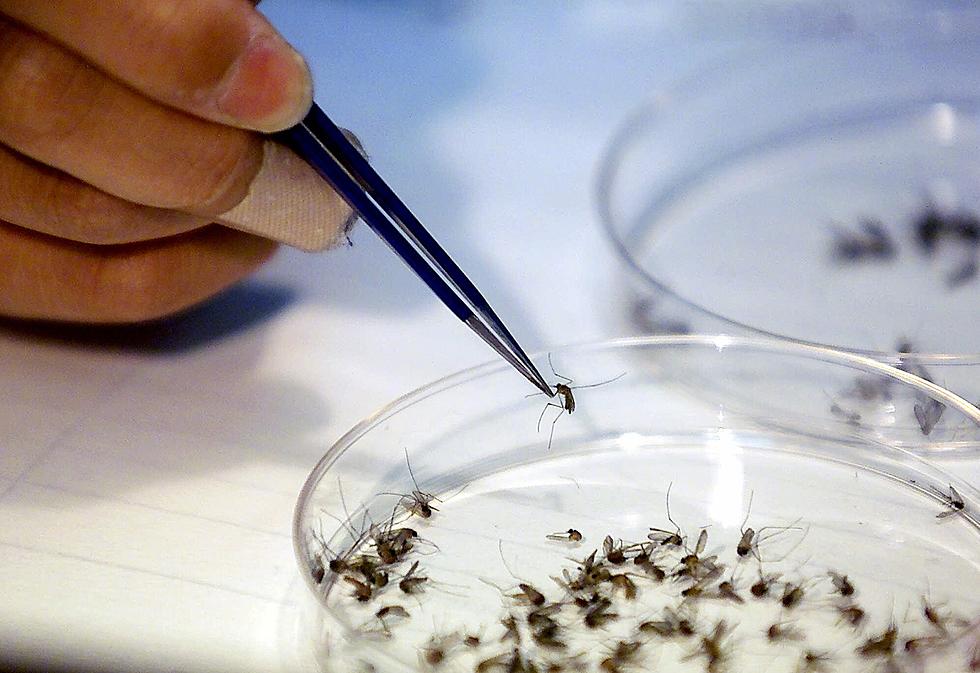
Deer ticks, other species out for blood in New Jersey
Ticks don't ever really go away in the Garden State. But this time of year begins a stretch of months when residents need to be most careful.
Each of the "big 4" ticks are either quite active right now in New Jersey or are about to be, according to Dina Fonseca, professor of entomology and director of the Center for Vector Biology at Rutgers University.
Spring into summer is when ticks are in their nymph stage — meaning they're extremely small and less likely to get detected by humans who are enjoying the nicer weather while wearing less clothing than they would during the colder months.
"Even if you're careful with doing a tick check, you may miss a nymph," Fonseca said.
Although it's not the most abundant in the Garden State, New Jersey residents should be most concerned about the blacklegged (deer) tick, according to Fonseca. That's because it's the only tick in New Jersey that carries the threat of Lyme disease, and it's the most likely to bite humans.
On a yearly basis, thousands of probable and confirmed cases of Lyme are reported in the Garden State.
"We have very large populations of ticks right now in New Jersey because we have a lot of deer and we have a lot of habitat," Fonseca said.
Fonseca said other common ticks found in New Jersey include the Lone Star tick, which is described by federal officials as an aggressive tick that bites humans; the Asian longhorned tick, which has been spotted in several New Jersey counties over the past decade or so, but reportedly isn't interested in biting people; and the American dog tick, which hasn't been found to be infected with pathogens that could harm people, but can cause diseases in dogs.
According to Fonseca, New Jersey has very little information about a number of tick species that call New Jersey home.
In May, as part of National Lyme Disease Awareness Month, the Center for Vector Biology will launch a "citizen science" project that aims to get a better handle on the abundance of ticks in New Jersey. Through it, residents would submit samples or pictures of ticks, so they can be identified and help researchers better understand the distribution of ticks in the state.
The New Jersey Department of Health offers the following tips for avoiding a bite by an infected tick:
• Avoid wooded areas with dense shrubs and leaf litter, where ticks like to hide.
• Make your yard less attractive to ticks by mowing lawns and trimming trees.
• Wear solid, light-colored clothing. This will make it easier to find a tick on your clothes.
• Tuck your pants into your socks and wear a long-sleeved shirt. This will help prevent a tick from attaching to your skin.
• Use insect repellents on yourself and your pets. Repellents that contain DEET can be used on clothing and exposed skin. The other type of repellent contains permethrin and should only be used on clothing.
• Check yourself for ticks frequently when you are in tick-infested areas. Check again after returning and again before going to bed. Don’t overlook some of ticks’ favorite hiding places – on the scalp, behind the ears, under the arms, on the ankles, and in the groin.
Dino Flammia is a reporter for New Jersey 101.5. You can reach him at dino.flammia@townsquaremedia.com
Click here to contact an editor about feedback or a correction for this story.
NJ beach tags guide for summer 2022
LOOK: States With the Most New Small Businesses Per Capita
More From 94.3 The Point










